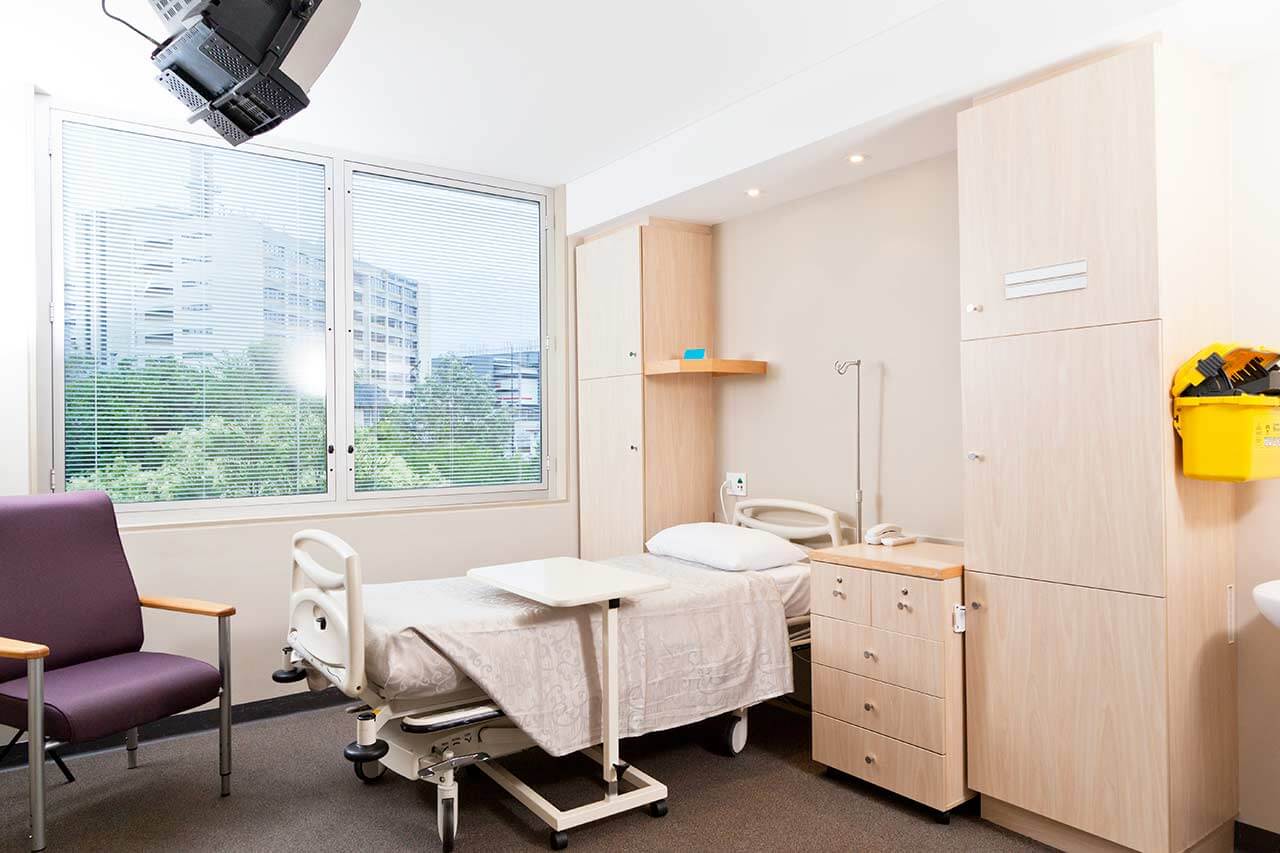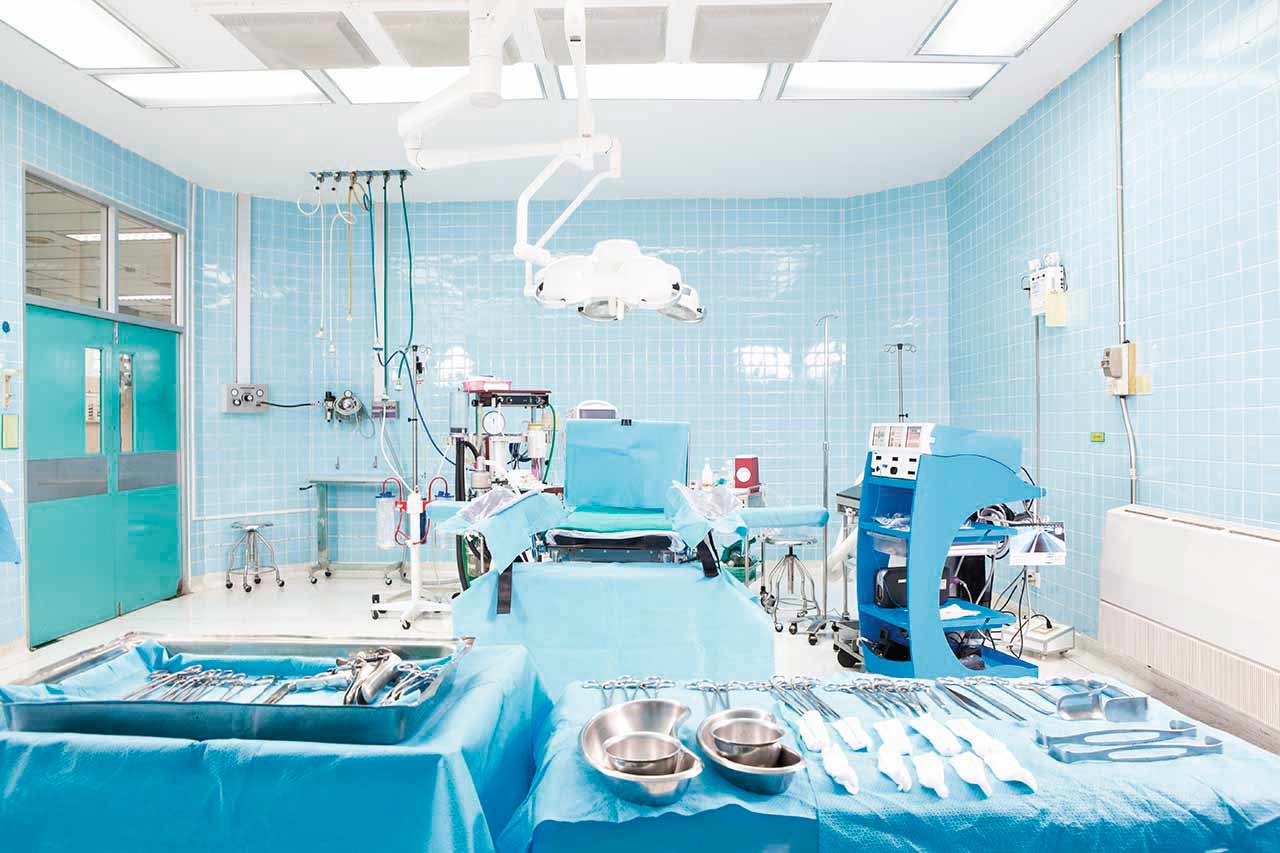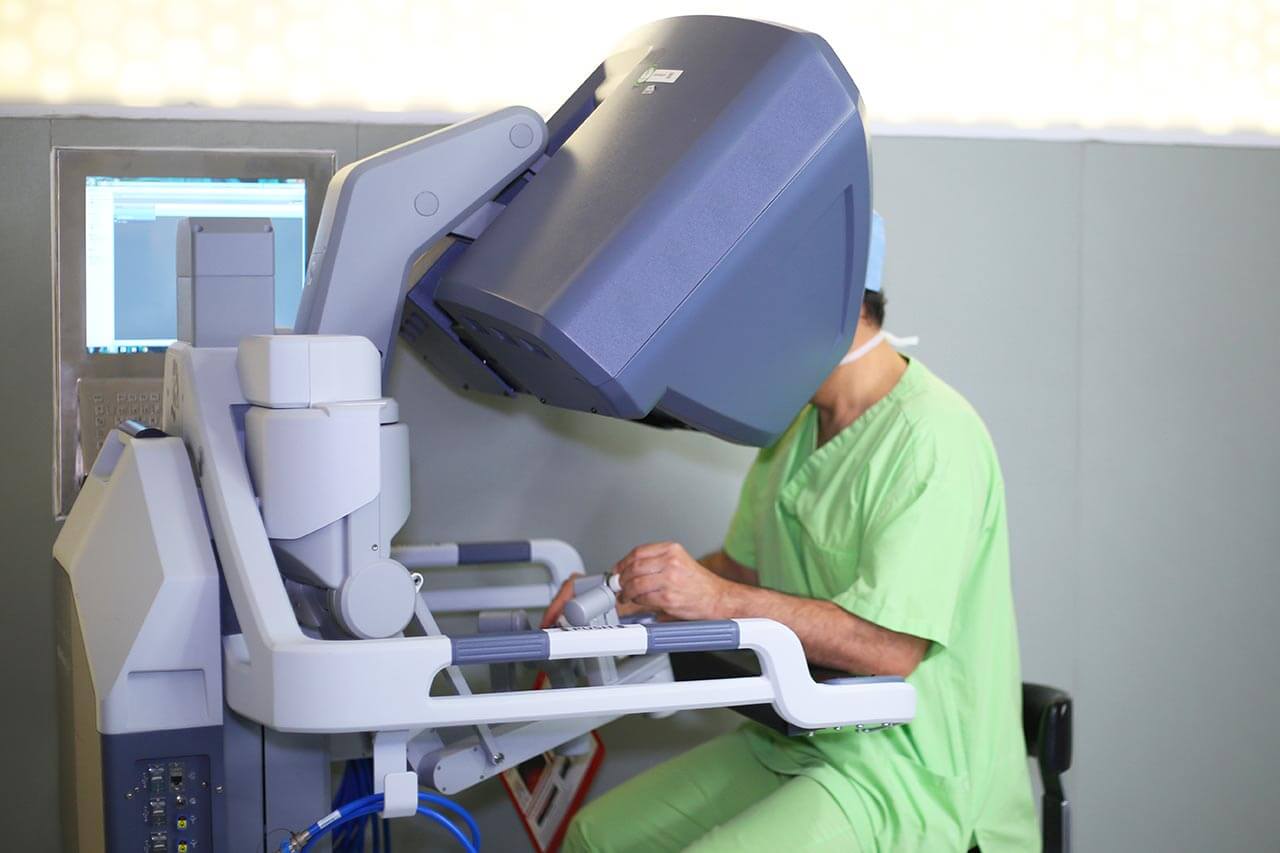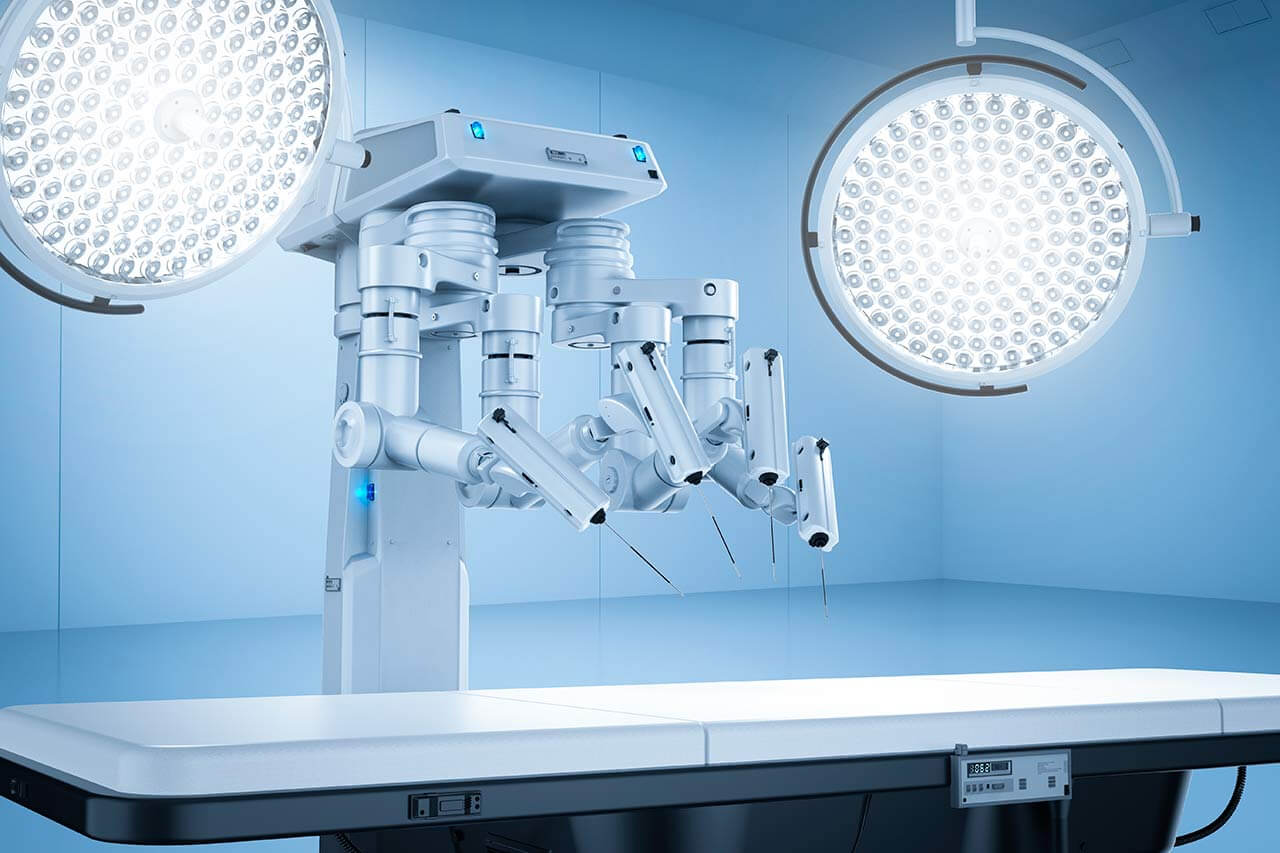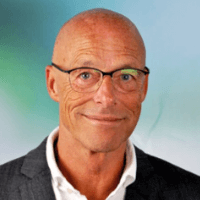
The program includes:
- Initial presentation in the clinic
- clinical history taking
- review of medical records
- physical examination
- laboratory tests:
- complete blood count
- biochemical blood analysis
- blood coagulation analysis (aPTT, PT, INR)
- inflammation indicators (CRP, ESR)
- metabolic analysis of blood
- cardiovascular disease risk markers
- kidney function test (creatinine, urea)
- color doppler echocardiography
- color doppler sonography of cerebral and peripheral vessels
- abdominal artery duplex
- CT angiography (on indication 1300 €)
- MRI angiography (on indication 1900 €)
- nursing services
- consultation of related specialists
- consultation of the chief physician and all leading experts
- development of individual treatment plan
- written statement
Required documents
- Medical records
- Ultrasound scan and angiography (if available)
Service
You may also book:
 BookingHealth Price from:
BookingHealth Price from:
About the department
The Department of Vascular and Endovascular Surgery at the Asklepios Municipal Hospital Bad Wildungen provides modern treatment for all venous and arterial diseases, including circulatory disorders, aortic aneurysms and trophic ulcers on the legs. The priority clinical focus is on the treatment of stenosis of the arteries and veins with stent implantation. The diagnostics is performed using state-of-the-art medical equipment, while most of the diagnostic procedures are absolutely painless. The department's therapeutic offer includes sparing endovascular interventions, open surgery and hybrid surgical interventions – a combination of both surgical techniques. The department's surgeons have vast experience and excellent qualifications, which help them to successfully cope with vascular diseases of any complexity. The department is headed by Dr. med. Jörg Graefe.
Occlusive peripheral arterial disease is one of the most common vascular pathologies that the department's doctors have to deal with every day. In most cases, the cause of this pathology is atherosclerosis. Sometimes the disease can develop due to the traumatic injuries, inflammatory diseases and embolism. During the first consultation with the patient, the doctor listens carefully to his complaints, conducts a general clinical examination and, if an occlusive peripheral arterial disease is suspected, appoints some imaging tests, such as color duplex sonography or MRI angiography. Once the diagnosis is confirmed, the attending physician begins to develop the optimal treatment regimen. First of all, he takes into account the risk factors, which must be eliminated to prevent the progression of arterial stenosis, which carries a huge risk of amputation of the lower limb or the development of such life-threatening pathologies as heart attack or stroke. The patient needs lifestyle modification – smoking cessation, regular exercises and proper diet. If the patient has such diseases as diabetes mellitus, arterial hypertension and hypercholesterolemia (high blood cholesterol), they will be treated. If the pathology is detected in a patient at the advanced stage, most likely, he will need surgical treatment. The department successfully performs catheter interventions, balloon dilation and stent implantation to treat occlusive peripheral arterial disease.
The department's specialists also treat many patients with varicose veins. The pathology can affect veins in any area of the human body, but in 90% of cases, the disease develops on the lower limbs. The basis for the diagnostics of varicose veins is clinical examination and duplex sonography. To effectively eliminate the pathology at the initial stages, compression therapy with special compression stockings is sufficient. However, the advanced cases may require endovascular intervention. Open surgery for varicose vein treatment is performed very rarely.
The competence of the department's team of vascular surgeons also includes the treatment of carotid artery stenosis. The disease is quite serious because it can lead to stroke, which in many cases causes severe speech disorders and paralysis, and with failed qualified emergency care it can even lead to death. When treating carotid artery stenosis, the department's doctors give preference to endovascular techniques. Stent implantation (placement of a stent into the narrowed area of the artery) is one of the most modern and effective types of therapy for this pathology and is successfully performed in the department.
The department's key specialization includes endovascular and open surgical treatment of the following diseases:
- Occlusive peripheral arterial disease
- Varicose veins
- Carotid artery stenosis
- Trophic ulcers on the legs
- Diabetic foot syndrome
- Other diseases
Photo of the doctor: (c) Asklepios Kliniken GmbH
About hospital
The Asklepios Municipal Hospital Bad Wildungen positions itself as a modern medical facility, which is focused on the provision of high-quality medical services using state-of-the-art medical technologies and advanced treatment methods. The hospital pays great attention to an individual approach to each patient, which is the basis for a successful treatment result. The medical complex enjoys the status of an academic hospital of the Philipps University of Marburg, thanks to which it has access to innovative medical developments, trains medical students and conducts advanced training for doctors. In addition, the medical facility is part of the Asklepios Kliniken GmbH – one of the three largest and most famous private medical networks in Germany.
The hospital has 10 specialized departments, as well as two interdisciplinary centers and an emergency medical service. The medical team of the hospital, which consists of more than 420 specialists, successfully treats simple common and especially complex diseases of the cardiovascular system, respiratory tract, musculoskeletal system, nervous system, spine, urinary system, etc. The Department of Radiology and the in-house laboratories serve for various diagnostic tests, which allow the doctors to establish an accurate diagnosis and develop the most effective treatment regimen, taking into account the particular clinical case of the patient. The hospital has 195 beds for patient hospitalization, and also provides medical care on an outpatient basis.
The special focus of the clinical activities of the medical facility is surgical treatment. The surgeons from various medical fields with brilliant success perform surgery to treat various diseases of the gastrointestinal tract, blood vessels, neurosurgical diseases, as well as interventions to treat orthopedic diseases. The hospital includes a certified Centre for Endoprosthetics (certified by the German Society of Orthopedics and Trauma Surgery), specializing in knee, hip and shoulder replacement surgery. The surgical treatment involves the use of modern medical technology, laparoscopic surgical techniques, state-of-the-art 3D imaging systems and navigation systems in order to ensure the highest level of safety of surgery.
Despite the many technical innovations in the hospital, the focus of the medical staff is on the patient, his health and comfort. The doctors' work with patients is based on respect and humanity.
Photo: (с) depositphotos
Accommodation in hospital
Patients rooms
The patients of the Asklepios Municipal Hospital Bad Wildungen live in comfortable single and double rooms. Each patient room has a separate bathroom with shower and toilet. The standard patient room furnishings include an automatically adjustable bed, a bedside table, a wardrobe, a TV, a radio and a telephone. The use of mobile phones in some buildings of the hospital is prohibited. The hospital also offers accommodation in a special section called Privita with enhanced-comfort patient rooms, the living conditions in which correspond to the level of rooms in a top-class hotel.
Meals and Menus
The patient and the accompanying person are offered tasty and balanced three meals a day. If for some reason you do not eat all foods, you will be offered an individual menu. Please inform the medical staff about your food preferences prior to treatment. The patients staying in the enhanced-comfort rooms are provided with an individual menu every day.
Further details
Standard rooms include:
Religion
The religious services are available upon request.
Accompanying person
During the inpatient program, the accompanying person can live with the patient in a patient room or a hotel of his choice. Our managers will help you choose the most suitable option.
Hotel
During an outpatient program, the patient can stay at the hotel of his choice. Our managers will help you choose the most suitable option.
